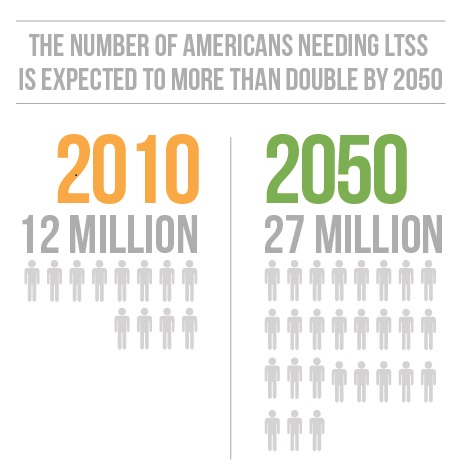
A Grantor Retained Annuity Trust (“GRAT”) can be a powerful estate planning tool for transferring wealth to family members with little or no gift or estate tax cost. The Grantor creates an irrevocable trust and transfers assets to the trust in exchange for an annuity payable over any term of years. To the extent the trust assets grow at a rate greater than the IRS Section 7520 rate, the excess is transferred to the beneficiaries free of estate and gift tax at the end of the trust term. With historically low interest rates, now may be a great time to establish a GRAT using assets that are expected to appreciate in value. A GRAT can help reduce estate tax exposure, providing the Grantor outlives the trust’s term.
In a traditional GRAT the value of the property contributed to the trust is reduced by the value of the annuity payments made to the Grantor during the trust term. The balance or “remainder” projected to be on hand at the expiration of the GRAT term, which is calculated based on the IRS Section 7520 rate at the time of transfer, is considered a gift and subject to gift tax.
To avoid a gift upon formation of the GRAT, the retained annuity is designed to equal the value of the assets transferred based upon the term of the trust and the IRS Section 7520 rate at time of formation. The annuity payments can be a fixed percentage of the initial transfer or a fixed percentage of the trust’s assets, recalculated on an annual basis. Since a GRAT is a “Grantor Trust”, the assets held are not eroded by income or capital gains tax.
A “Zeroed-Out” or “Walton” GRAT is designed so the present value of the annuity payments is equal to the value of the assets contributed to the trust, so the present value of the remainder interest is zero. Any appreciation of the GRAT assets above the IRS Section 7520 rate pass to the beneficiaries gift-tax free.
The key to a successful GRAT is for the trust assets to generate returns that exceed the IRS Section 7520 rate. Historically, long-term investments yield higher average returns and therefore, longer term GRATs typically have a greater chance of outperforming the benchmark 7520 rate. Locking a GRAT in at a low rate also increases the chances of success. Many affluent individuals increase the savings by setting up multiple GRATs with varying terms.
If the GRAT asset performance is flat or decreases, the GRAT unwinds as if it had never been created. There is little downside since the grantor receives back everything in the form of annuity payments.
While GRATs offer no guarantee of success, they remain a relatively simple and effective wealth transfer strategy. Like any investment or planning technique, taking advantage of GRATs sooner than later offers more wealth transfer opportunity. Depending upon the age and health of the grantor, individuals may want to consider some form of life insurance to mitigate the adverse consequences of death during the term. At the Pierro Law Group we seek to maximize the benefits of any estate planning technique, whether a GRAT or otherwise. We work with clients, their families and trusted advisors to ensure a cohesive and comprehensive estate plan. Please contact us to learn more about GRATs and how they may play a roll in your estate plan.







